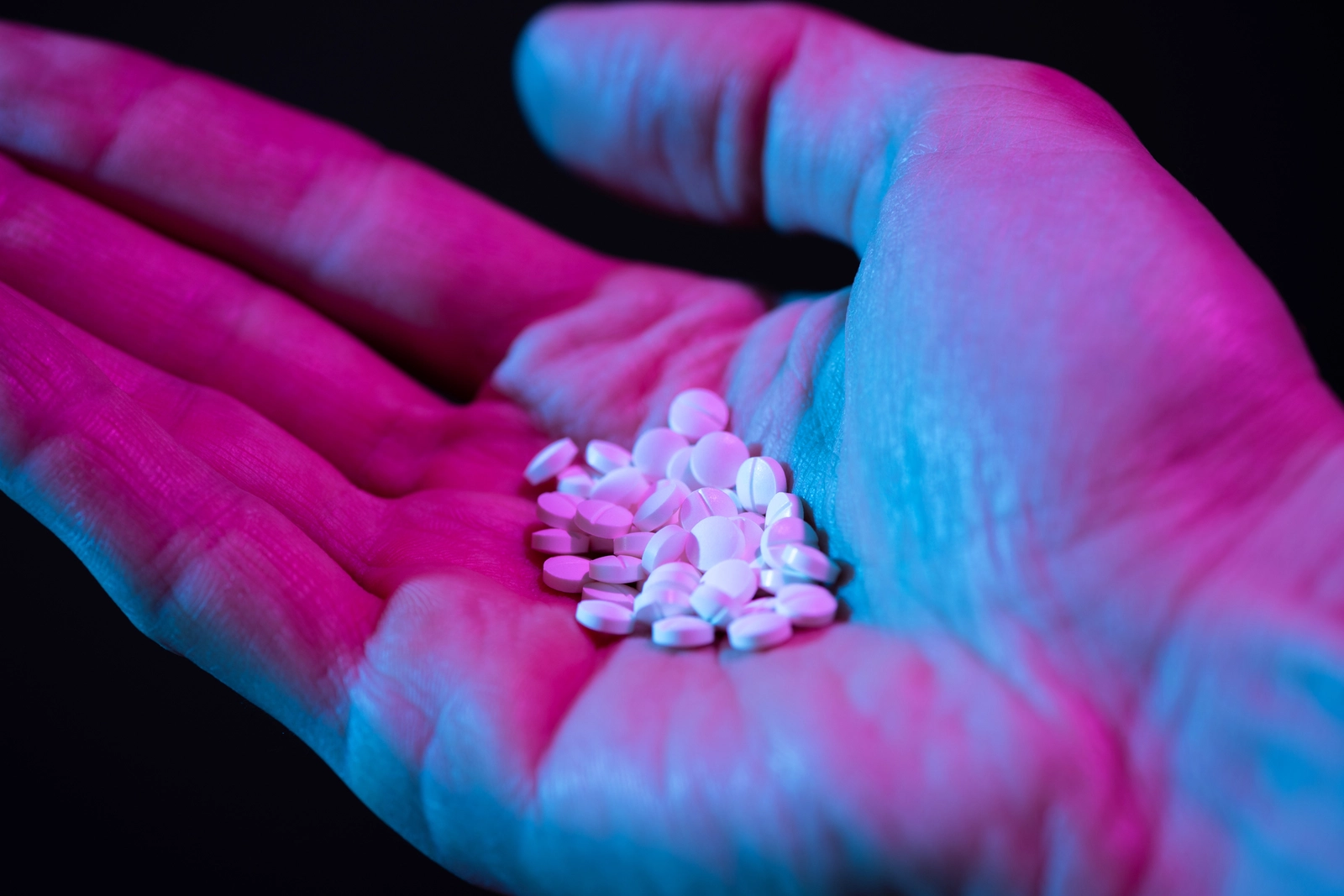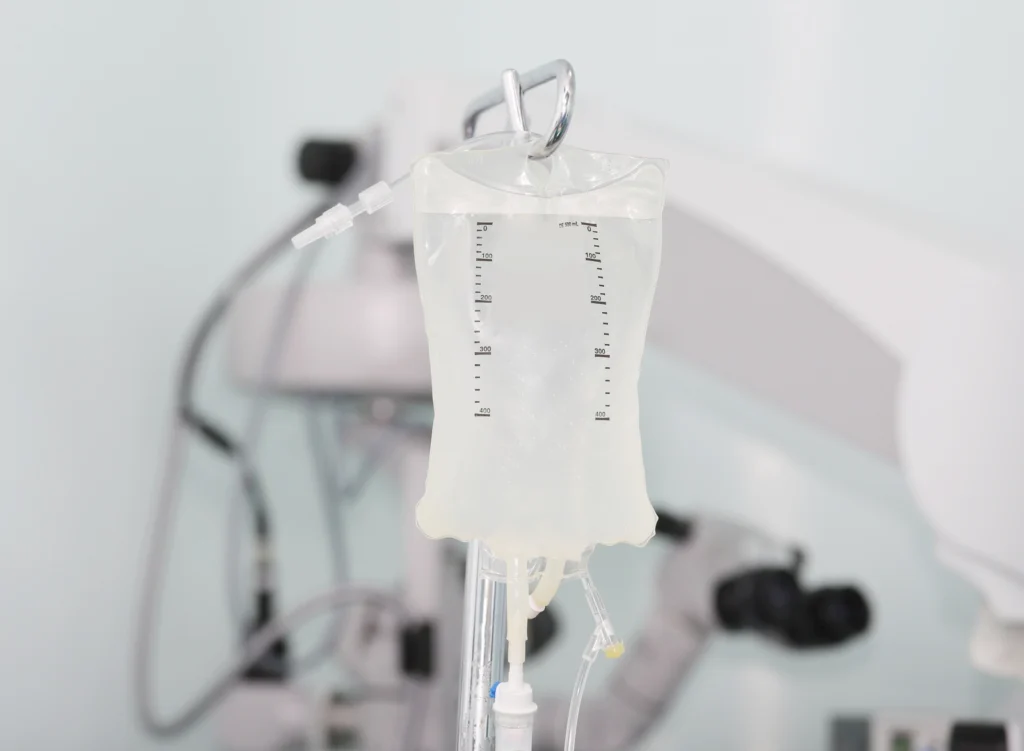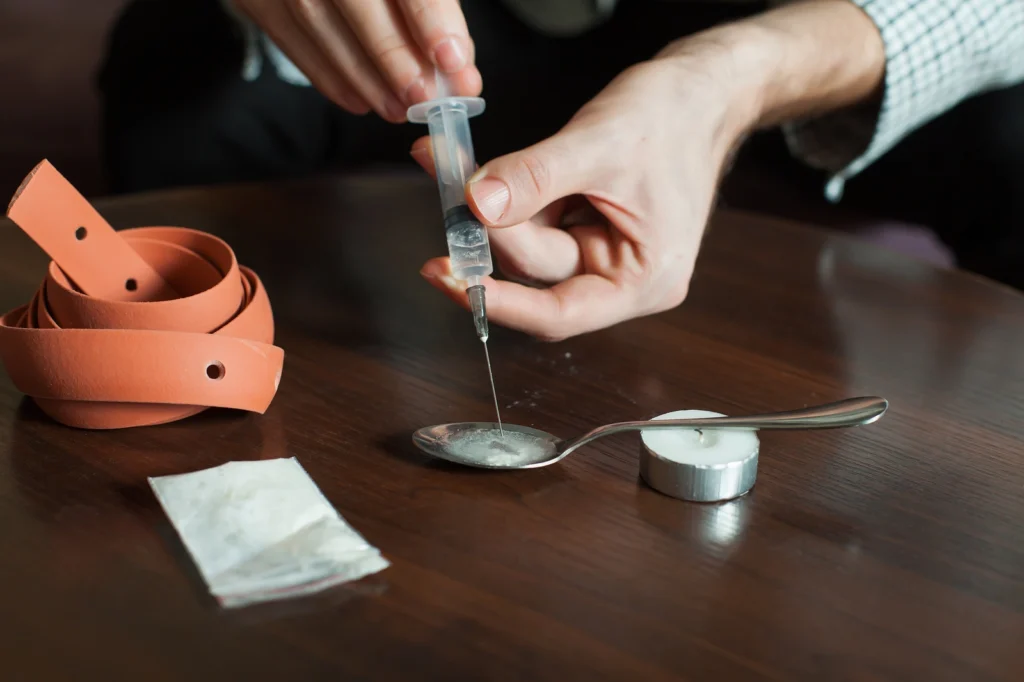Barbiturate Overdose: Symptoms, Effects, and Risks

Barbiturates are a class of sedative-hypnotics that are used to treat insomnia, seizure disorders, preoperative anxiety, neonatal withdrawal, and other conditions. While barbiturates have some legitimate medical uses, they are less often prescribed due to the potential for misuse and addiction.
One of the biggest risks of barbiturates is the possibility of overdose, which can happen from sensitive dosing errors or misuse. Learn more about barbiturate overdose, its signs and symptoms, and the risks of using barbiturates.
Key Points
- Barbiturates are sedative hypnotic drugs that are used to treat insomnia, seizure disorders, anxiety, neonatal withdrawal, and other conditions.
- Barbiturates have legitimate medical uses, but they’ve been replaced with safer alternatives.
- Barbiturates may be misused for euphoria and relaxation, which increases the risk of barbiturate intoxication (overdose).
- Barbiturates have a high potential for abuse and dependence.
What Are Barbiturates?
Barbiturates are a group of sedative-hypnotics that can be used to treat seizure disorder, neonatal withdrawal symptoms, insomnia, preoperative anxiety, and anesthesia. Barbiturates may also be used to induce a coma in cases of intracranial pressure (ICP).
Some common barbiturates used in medical settings include methohexital and thiopental for anesthesia, phenobarbital and primidone for seizures, and amobarbital for diagnostic testing.
Barbiturates are permitted for physician-assisted euthanasia or capital punishment by lethal injections. Though they may be used in specific circumstances, they’ve been mostly replaced by benzodiazepines for most conditions because of their risks.[1] Benzos have a lower risk of overdose and an antidote to reverse overdose, which isn’t the case with barbiturate intoxication.
Barbiturate Overdose Symptoms

Barbiturates affect the central nervous system and have a high potential for abuse. With regular use, tolerance builds quickly, requiring more and more of the drug to achieve the same effects. Eventually, this can lead to physical dependence, when the body requires the drug to function properly, and addiction, a compulsive psychological need for the drug.
Though barbiturates may be abused on their own, they may be combined with other substances. This is known as polysubstance abuse. Barbiturate misuse may occur with heroin, other opioids, alcohol, and benzodiazepines.[2] Combining barbiturates, which have a heavy sedative effect, with other central nervous system (CNS) depressants can significantly increase the likelihood of significant CNS depression, such as respiratory arrest and severe barbiturate toxicity.
Acute barbiturate poisoning can produce signs and symptoms like:[3]
- Decreased consciousness
- Vertigo
- Nausea
- Coordination problems
- Muscle weakness
- Slowed heart rate
- Decreased urine output
- Clouded thinking
- Shallow breathing
- Weak pulse
- Severe respiratory depression
- Respiratory failure
- Coma
- Death
If you suspect someone is overdosing on barbiturates or other prescription or illicit drugs, call 911. Rapid medical treatment is the only way to possibly reverse barbiturate poisoning and prevent complications related to barbiturate toxicity.
Wait with the person and try to give the first responders as much information as possible. If you know a barbiturate is involved, tell them.
Dangers of Barbiturate Overdose
Barbiturates carry a high risk of abuse, and prolonged use can lead to tolerance and physical dependence. You may need higher doses to produce the desired effects if you develop a tolerance. This can lead to dependence and addiction. Frequent barbiturate users may experience withdrawal symptoms within 2 to 10 days of stopping the drug, depending on the formulation.[5]
Polydrug use is common with barbiturate abuse. Often, barbiturates are a secondary drug of abuse alongside alcohol and heroin. Taking barbiturates with alcohol and opioids increases the risk of overdose significantly, as barbiturates have an additive effect.
If you struggle with respiratory or kidney disease, barbiturates can be especially dangerous. Barbiturates pose risks to unborn children, so pregnant women should avoid taking them completely or getting pregnant while taking barbiturates.[6]
Barbiturate Addiction
Barbiturate addiction is a sedative, hypnotic, or anxiolytic use disorder as defined by the Diagnostic and Statistical Manual of Mental Disorders (DSM-5). The criteria for a sedative, hypnotic, and anxiolytic use disorder include:[7]
- Trying to reduce or stop barbiturate use without success
- Experiencing cravings for barbiturates
- Spending a lot of time obtaining, using, or recovering from barbiturate use
- Continuing barbiturate use despite having persistent or recurrent social or interpersonal problems caused by barbiturates
- Failing to fulfill major role obligations at work, school, or home because of barbiturates
- Giving up social, occupational, or recreational activities because of barbiturates
Treatment for Barbiturate Withdrawal and Addiction
Barbiturates are dangerous drugs overall, which is why they’ve largely been replaced with benzodiazepines. The risk of overdose is ever-present, but it’s significantly increased with chronic use of barbiturates or polydrug use involving barbiturates and other sedative-hypnotic drugs
If you become physically dependent on barbiturates or use them with alcohol or opioids, you may experience withdrawal if you try to stop or reduce your dose suddenly. Barbiturate withdrawal symptoms can be painful and dangerous, often requiring medical care.
The symptoms of barbiturate withdrawal can include:[8]
- Anxiety
- Restless
- Tremors
- Sweating
- High body temperature
- Insomnia
In some cases, barbiturate withdrawal can be life-threatening, so quitting cold turkey isn’t recommended. Doctors will use a taper schedule to wean you off of barbiturates and minimize severe symptoms.
Medical detox is often the first step in seeking treatment for barbiturate addiction. Detox provides 24/7 medical supervision to keep you as safe and comfortable as possible while the drug clears your system.
While medical detox is a strong foundation for treatment, it’s not enough on its own. It’s best to transition into an inpatient or outpatient setting to address the social, emotional, and psychological aspects of barbiturate abuse and addiction. While treatment plans are individualized, they may include individual therapy, group counseling, support groups, and behavioral therapies like cognitive behavioral therapy.
Get Help for Barbiturate Addiction
Barbiturates have legitimate medical uses, but they can be dangerous. If you abuse barbiturates or become addicted, a potentially fatal overdose is more likely. It’s important to seek help as soon as possible to reduce the risk of adverse effects.
Frequently Asked Questions About Barbiturate Overdose




